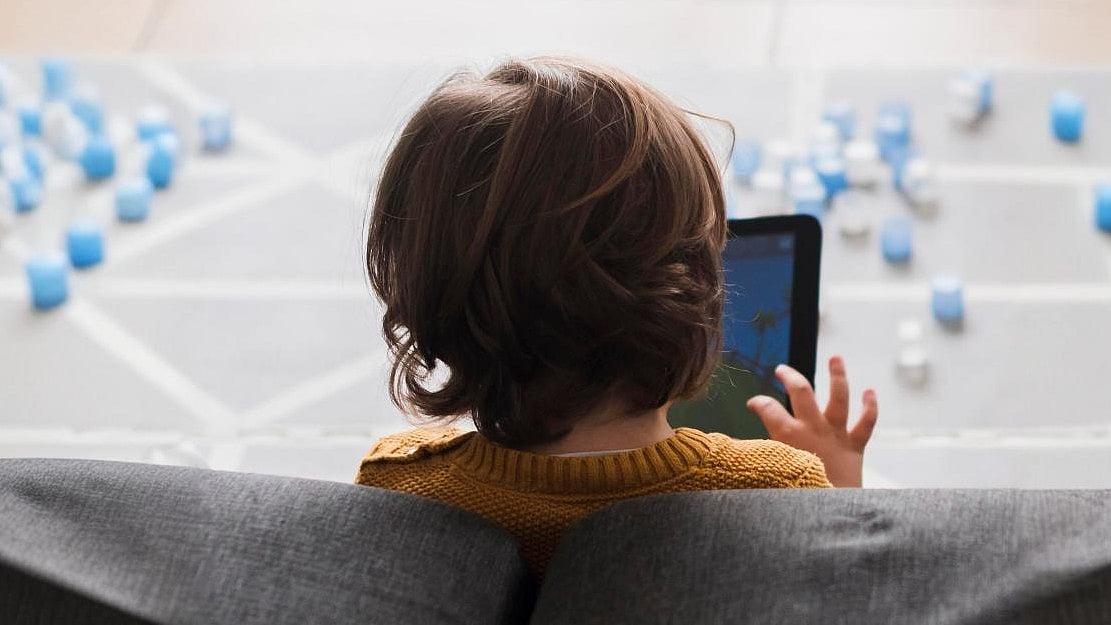As parents navigating the digital age, one of the most debated questions is: should we be spying on our teen’s social media? Let me rephrase that slightly — should we monitor our teen’s online presence, or should we spy on it? Because believe me, there’s a difference between the two.
Having a teenager at home, I speak from experience. The line between protecting and prying is delicate, but essential. Here, I would like to use the word ‘monitoring’ – spying has such a negative connotation. Whereas, monitoring means staying aware, being involved, and gently guiding your child to navigate the digital work – while they know we are doing so and with their consent. Spying, on the other hand, feels like a violation, a betrayal. This can damage the foundation of your relationship with your child: trust.
My daughter knows I’m always available. I’ve made it clear she can talk to me about anything—no judgment, no panic. I’m not hovering over her 24/7, but I am present. And she knows that. That sense of support and free communication has made a lot of difference. In fact, she often asks me to check out her posts or help her decide which photo to share on social media. She even asks my opinion before uploading anything — something that took me by surprise.
While I have never imposed ‘parental control’ over her social media presence, I have ensured she is aware what the digital world is like – not completely genuine. And, with the rise of fake accounts, I did persuade her to make her account private so that it is not misused. She understood the reasoning, and acted on it herself. That’s the result of open, ongoing communication — not control.
But yes, we do have ground rules in place. Basic digital hygiene, if you will:
Never share personal information like phone numbers, addresses, or school details.
Never accept friend requests from strangers on any social media platform.
Do not use public Wi-Fi; instead use mobile data.
Don’t open links from unknown emails.
Don’t share your pictures with people you don’t trust.
More importantly, I’ve spoken to her at length about screen time. No devices at the dinner table is a non-negotiable rule at our home — meals are for conversations, not scrolling. She even hands over her phone willingly before bedtime, and doesn’t keep it in her room. This is not about surveillance — it’s about structure.
There’s also that sixth sense we parents have — when something feels off. If that alarm goes off, yes, I step in. But until then, I monitor, guide, and stay connected.
Building trust is the key. If your child feels like you don’t trust them, they will hide things. And when that happens, they are more likely to seek advice from friends who might not always offer the right kind. Instead, build the kind of relationship where your child wants to share things with you. Where they don’t feel policed, but protected.
Digital parenting isn’t about control. It’s about connection. It’s about providing our children with the tools they need to traverse the vast online world safely and smartly — while letting them know we have got their back.
Because when they feel seen, heard, and supported, they are more likely to come to us — not just when things go wrong; but to share the little wins, funny reels, random memes… and that’s what parenting in the digital age should really be about.
(Riddhima Kapoor Sahni is a jewellery designer, and daughter of veteran actors Rishi Kapoor and Neetu Kapoor)
